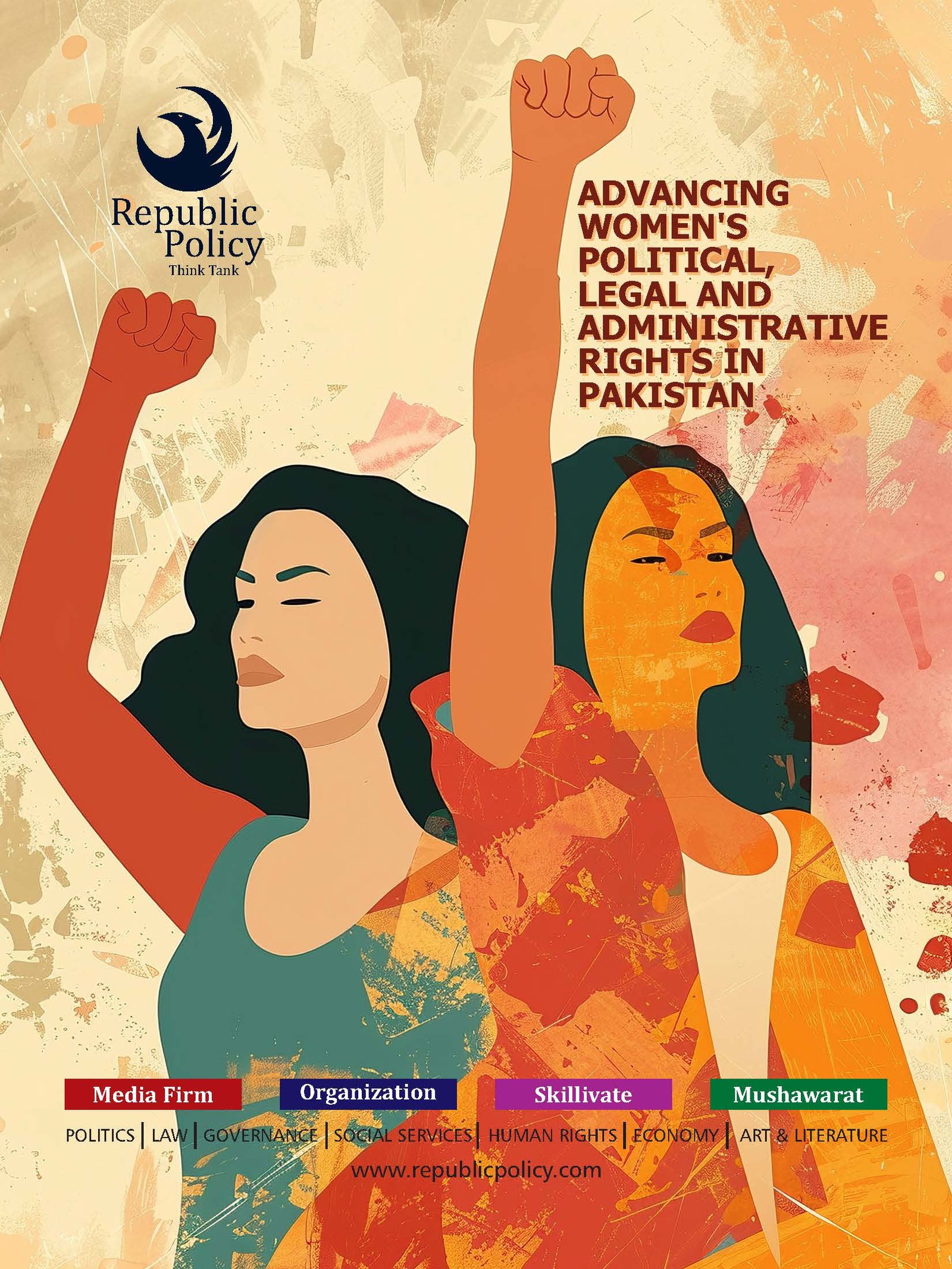Haseeb Niazi
In a heartbreaking incident that reflects the deep-rooted gender inequality in Pakistan, 17-year-old TikToker Sana Yousaf was shot dead in her home in Islamabad. The young girl, admired by thousands for her confidence and creativity, was allegedly murdered by a male acquaintance while her parents were away. Her death is not just a personal tragedy—it is a glaring reminder of how unsafe it has become for women and girls in Pakistan to simply exist, speak, or be visible.
Sana’s story is tragically familiar. In recent months, several women have been targeted, harassed, or even killed simply for being present online. In Khushab, a female TikToker was murdered by her cousin. In Quetta, a father took his daughter’s life over her online videos. In Sialkot, a brother did the same to his sister. These are not isolated acts of violence—they are symptoms of a society where female agency is seen as rebellion and where women’s freedom is met with hostility, fear, or rage.
It is important to ask: Why are women in Pakistan being punished for speaking up, for creating content, or simply for being seen?
This isn’t just about TikTok or social media. It is about the broader issue of control. Too many men—and the systems they operate within—feel entitled to regulate how women behave, speak, dress, and live. When women challenge those expectations, whether by posting a video, pursuing a career, or rejecting a marriage proposal, they are often silenced by violence. And this violence is not just physical—it is emotional, cultural, and institutional.
The state of Pakistan must recognize this as a crisis. Women make up nearly half of the country’s population. If they do not feel safe, if their rights are trampled, then no real progress—social, economic, or political—is possible. A country cannot move forward while half its citizens live in fear.
The state has a constitutional and moral responsibility to protect all its citizens, especially the most vulnerable. It must go beyond statements and headlines and build real systems of safety and justice. This includes ensuring swift arrests in cases of violence against women, setting up gender-sensitive policing units, protecting digital spaces from harassment, and reforming laws that still leave women exposed to threats.
But beyond state action, society itself needs a cultural shift. In too many homes across Pakistan, girls are raised to be quiet, obedient, and invisible. They are taught to shrink their voices, hide their talents, and adjust their dreams to avoid “dishonor.” Boys, on the other hand, are raised with a sense of superiority and entitlement. This imbalance creates the dangerous mindset that women who act independently are somehow inviting harm or disrespect.
This thinking must change. Families must raise sons who respect women as equals. Communities must stop shaming women for their choices. And educational institutions must teach values of empathy, equality, and human rights from an early age. Respect for women must become part of our everyday language, culture, and practice—not just something we talk about after a tragedy.
Please subscribe to the YouTube channel of republicpolicy.com for quality content:
Social media, which is often blamed for exposing women to risk, is actually one of the few platforms where women have found a voice in Pakistan. Girls from villages and small towns, who may never get a chance to be seen otherwise, can showcase their creativity, thoughts, and talent. Taking that away from them is not the solution. The solution is to make these spaces safer, to educate people about digital ethics, and to hold online abusers accountable.
Sana Yousaf was a daughter, a sister, a student, and a dreamer. She should have had her whole life ahead of her. Her murder is not just a story of personal loss—it is a reflection of how little we value the lives and choices of women in our society. It is a reminder that when women assert their independence, they still do so at great personal risk.
We must collectively decide what kind of country we want Pakistan to be. Do we want to remain a place where women are forced to live small, hidden lives out of fear? Or do we want to become a society where women are free to speak, move, and live with dignity?
Every woman should have the right to make choices about her own life—whether it’s what to wear, where to go, what to say, or what to post online. These are not radical demands. These are basic human rights. Rights that have been promised in the Constitution of Pakistan, rights that Islam itself grants to women, and rights that are foundational to any just and humane society.
The fight for women’s rights in Pakistan is not just about laws or protests. It is about changing mindsets, raising our children differently, and building a culture where violence is never accepted as a response to freedom. It’s about remembering that every time we stay silent in the face of such injustice, we are allowing it to happen again.
Sana’s voice has been silenced. But ours hasn’t. It is now up to us—citizens, leaders, educators, families—to demand justice, to create safety, and to protect the freedom of every girl who dares to dream.
















